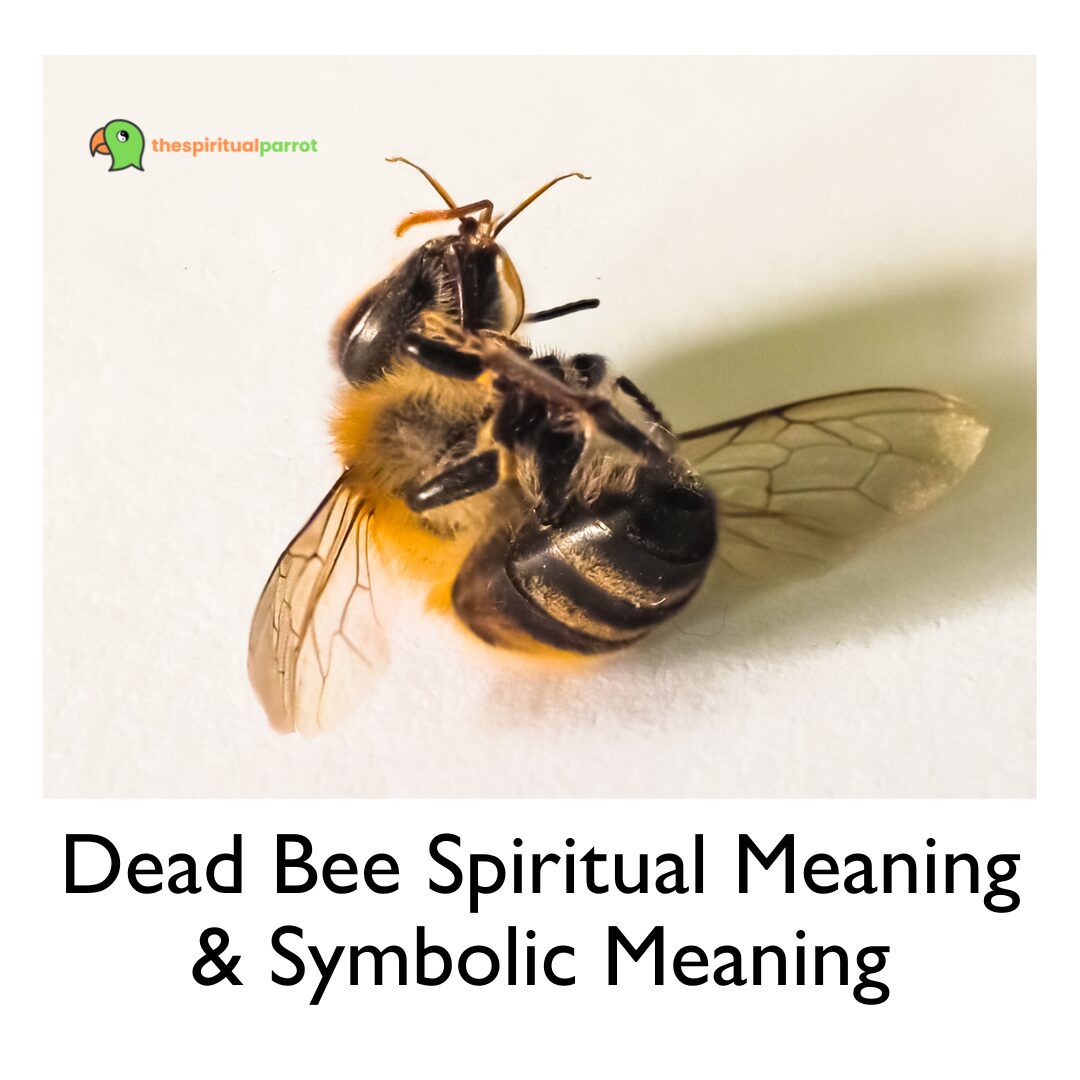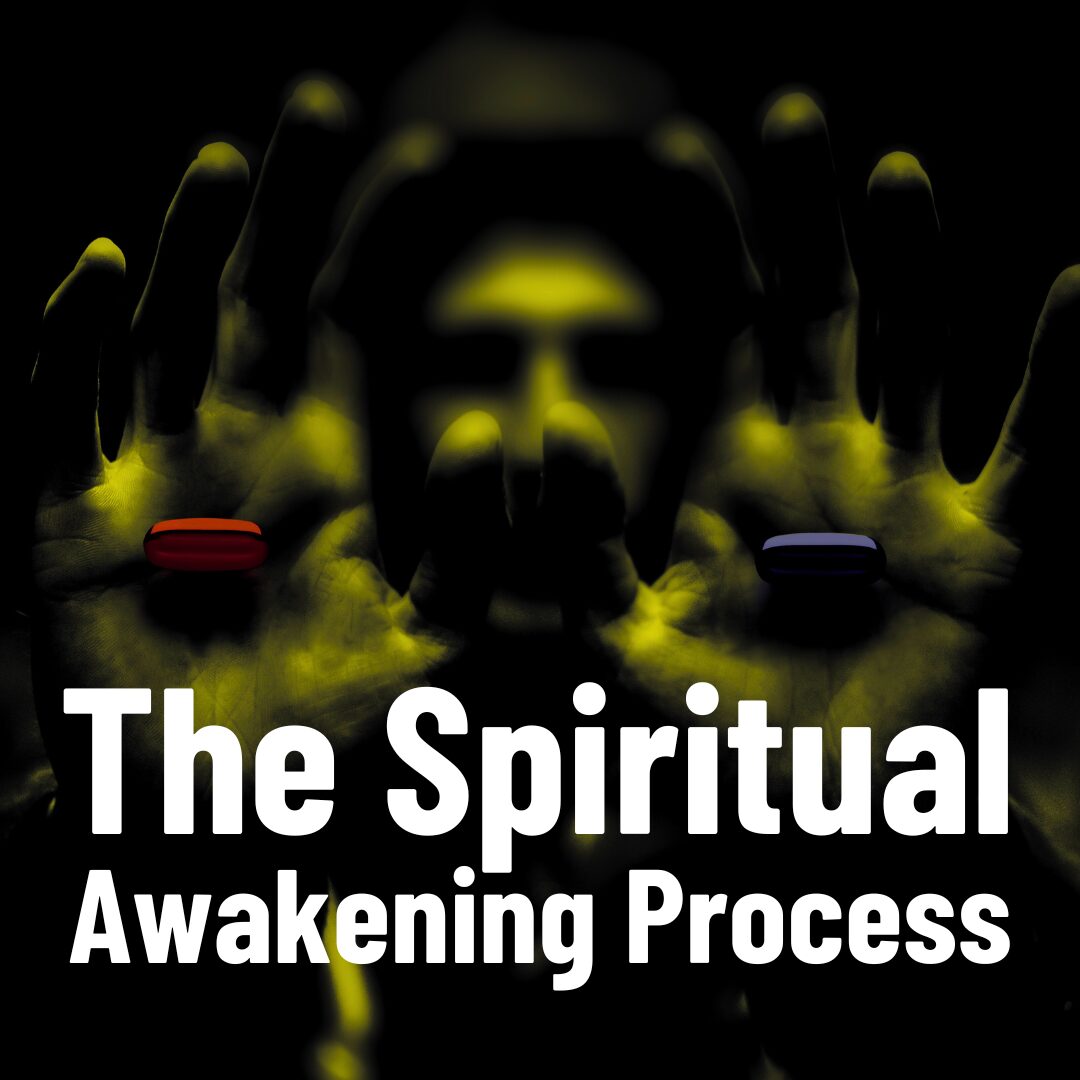Writing has long been known to be a powerful tool for self-reflection, growth, and healing. Journaling is an excellent way to explore our innermost thoughts and feelings in a safe, creative space. Spiritual journaling can take this practice even deeper, allowing us to delve into the depths of our souls and connect with our spiritual side.
Introduction
Spiritual journaling is a practice that has gained popularity in recent years. It involves the act of writing down one’s thoughts, feelings, and experiences with the intention of deepening one’s spirituality. Unlike traditional journaling which often focuses on recording daily events or emotions, spiritual journaling is more reflective and purposeful in nature.
At its essence, spiritual journaling is about exploring one’s inner self and connecting with a higher power. This could mean writing down prayers, meditations, or reflections on scriptures or other religious texts. It could also involve exploring one’s beliefs and values and understanding how they shape our lives.
What sets spiritual journaling apart from other forms of introspection is its focus on the divine. It seeks to develop a deeper relationship with God or whichever higher power an individual may believe in.
Explanation of What Spiritual Journaling Is
Spiritual journaling is a form of writing that is gaining popularity as people seek to deepen their spiritual lives. It involves keeping a diary, which allows you to reflect on your thoughts, emotions, and experiences in light of your faith. This type of journaling is different from regular journaling because it focuses on the spiritual aspect of life.
One of the main benefits of spiritual journaling is that it helps you connect with your inner self and build stronger relationships with God or a higher power. Journaling provides an outlet for expressing gratitude, asking for guidance or forgiveness, and reflecting on difficult experiences. Writing about these topics can help you gain clarity about your values and beliefs.
Another advantage of spiritual journaling is that it can be used as a tool for personal growth and transformation.
The Connection Between Writing and Spirituality
Writing has played a significant role in spirituality for centuries. Many religious traditions, including Christianity, Judaism, and Islam, have relied on written texts as a means of transmitting their sacred beliefs and practices. In addition to these organized religions, writing has also been used by individuals seeking to connect with the divine through personal exploration and reflection.
The historical and cultural context of writing as a spiritual practice is rich and diverse. In ancient times, people would write down their prayers or create sacred texts using papyrus or other natural materials. Later on, illuminated manuscripts became popular among medieval monks who copied and decorated books by hand. Today, digital technology has made it possible for individuals from all over the world to share their spiritual experiences through blogs and social media platforms.
In contemporary times, many people turn to write as a way of connecting with their inner selves or with something greater than themselves.
The Purpose of the Article
The purpose of this article is simple – to offer readers a comprehensive understanding of the subject matter at hand. Whether you’re looking for new insights into an industry or simply seeking advice on how to navigate your personal life, our team has put together a wealth of knowledge designed specifically for you.
We invite readers from all walks of life to join us on this journey as we explore the intricacies and nuances of these topics. By reading this article, you will gain valuable insights that will help you in your career, relationships, and personal development.
Benefits of Spiritual Journaling
Journaling has been a popular practice for centuries, used to record personal experiences, reflect on one’s thoughts and feelings, and explore the depths of one’s psyche. Spiritual journaling takes this a step further, incorporating elements of personal growth, self-discovery, and connection to a higher power. In this section, we will explore the benefits of spiritual journaling in detail, including improved mental health and well-being, increased self-awareness and self-discovery, strengthened relationships with oneself and with a higher power, enhanced creativity and problem-solving skills, and improved communication with others. Let’s dive into each of these benefits and see how spiritual journaling can support your personal growth and healing.
Improved Mental Health and Well-being with Spiritual Journaling
Improved mental health and well-being are something that everyone should strive for in their daily lives. In today’s fast-paced world, it’s easy to feel overwhelmed and stressed out, which can lead to a variety of mental health issues such as anxiety and depression. Fortunately, there are many ways to improve your mental health and overall well-being.
One of the most effective ways to achieve improved mental health is by decreasing symptoms of anxiety and depression. This can be achieved through various methods such as talking to a therapist, engaging in mindfulness practices like meditation or yoga, or simply making time for self-care activities like taking a relaxing bath or going for a walk in nature.
Another key aspect of improved mental health is an increased ability to regulate mood and emotions. This means learning how to manage stress effectively so that it doesn’t take over your life.
Increased Self-Awareness and Self-Discovery
Increased self-awareness and self-discovery are two essential components of personal growth. Developing a better understanding of one’s values, beliefs, and priorities is the first step towards achieving this goal. When we know ourselves better, we can make more informed decisions about our lives that align with our goals and aspirations.
Identifying patterns in our behavior is another crucial aspect of self-discovery. By recognizing these patterns, we can break negative habits and cultivate healthier ones that lead to a more fulfilling life. It also allows us to pinpoint underlying issues that may be holding us back from reaching our full potential.
When we increase self-awareness and engage in self-discovery, it provides an opportunity for personal transformation. We become more compassionate towards ourselves as well as others around us. It enables us to approach challenges with an open mind and find creative solutions to problems that arise in our lives.
Strengthened Relationship with Oneself and with a Higher Power
Strengthening your relationship with yourself and with a higher power can lead to a more fulfilling life. By developing enhanced self-compassion and self-acceptance, you create a space of love and understanding within yourself. This allows for greater mental clarity, emotional stability, and an overall sense of well-being.
Furthermore, deepening your connection to your intuition and inner guidance strengthens the bond between you and a higher power. As you learn to trust yourself more deeply, you begin to recognize that there is a force greater than yourself guiding you toward your highest good. This can lead to increased feelings of gratitude, joy, and spiritual fulfillment.
Overall, strengthening your relationship with both yourself and a higher power is an essential part of personal growth. It requires patience, commitment, and willingness to explore different aspects of your being.
Enhanced Creativity and Problem-Solving Skills with Spiritual Journaling
Enhanced creativity and problem-solving skills are highly sought-after qualities in today’s fast-paced and ever-changing world. Individuals with improved abilities to generate new ideas and perspectives, as well as an increased capacity to think outside the box, are often considered valuable assets in a variety of industries. Fortunately, there are several strategies that can be employed to boost these essential skills.
One effective way to enhance creativity is through exposure to diverse experiences and perspectives. Engaging with individuals from different backgrounds or exploring new hobbies can broaden one’s thinking and stimulate fresh ideas. Additionally, practicing mindfulness techniques such as meditation or journaling can help quiet the mind and foster more innovative thinking.
Another key aspect of improving problem-solving skills is developing a growth mindset. This involves embracing challenges as opportunities for learning rather than avoiding them due to fear of failure.
Improved Communication with Others
Improved communication with others is a key ingredient in building meaningful relationships. It involves a range of skills such as active listening, empathy, and effective articulation of thoughts and emotions. Having increased empathy and compassion for others, you can understand their perspectives better and respond to them appropriately.
When you listen actively, you give the other person your undivided attention without interruption or judgment. This helps create an environment of trust where they feel comfortable sharing their thoughts and feelings with you. Additionally, having better emotional intelligence allows for more effective articulation of your own thoughts and emotions. By being able to express yourself clearly, others can better understand what you are trying to communicate.
Improving communication skills involves practice and patience but the benefits are worth it. You will be able to connect with people on a deeper level and build stronger relationships that are based on mutual understanding and respect.
How to Start Spiritual Journaling
In this section, we will discuss how to begin your spiritual journaling practice. We will cover various aspects of starting your journaling journey, including choosing the right type of journal and writing materials, creating a sacred space for journaling, setting intentions and goals for journaling, establishing a consistent journaling practice, and incorporating prompts and exercises to deepen your spiritual practice. Whether you are new to journaling or have been writing for years, these tips and techniques can help you establish a meaningful and effective spiritual journaling practice.
Choosing the Right Type of Journal and Writing Materials
Choosing the right type of journal and writing materials can make a huge difference in your daily routine. Having a journal and writing supplies that work for you can help you stay organized, focused, and motivated. There are several types of journals to choose from, each with its own unique benefits. Lined journals are great for those who want structure in their writing or need to keep notes in order.
On the other hand, blank journals provide more creative freedom for those who like to doodle, sketch or write without any constraints. Guided journals offer prompts or questions that can help spark inspiration while bullet journals are perfect for organizing thoughts, goals and to-do lists.
When it comes to choosing writing materials such as pens or pencils, it’s important to consider comfort and functionality. Some people prefer pens with a fine tip while others may like a thicker point for easier handling. Ultimately, the choice is yours!
Creating a Sacred Space for Journaling
Creating a sacred space for journaling is all about designating a physical area that feels safe and conducive to writing. It’s an area where you can let your guard down, relax and let your thoughts flow without any distractions. The first step in creating this space is to choose the right location. Ideally, the area should be quiet, private and free from interruptions.
Once you’ve found the perfect spot, start incorporating elements that inspire creativity and relaxation. This could include anything from comfortable seating to ambient lighting or even scented candles. Adding personal touches such as photos or artwork can also help create an atmosphere that feels uniquely yours.
Another important consideration when designing your sacred writing space is organization. Having all of your writing tools close at hand will make it easier for you to get started and stay focused on your work.
Setting Intentions and Goals for Journaling
Setting intentions and goals for your journaling practice can be a powerful tool in helping you achieve clarity, focus, and growth. The first step is identifying the purpose and desired outcome of your journaling practice. Ask yourself why you want to start journaling or why you want to continue with it. What do you hope to gain from this process? Is it stress relief, personal development or self-discovery?
Once you’ve identified your purpose, setting achievable goals is the next important step. Think about what specific areas of your life or emotions you’d like to work on through journaling. It could be increasing productivity, managing anxiety or improving relationships. Set measurable goals that are realistic and attainable within a certain timeframe.
Remember to regularly revisit your intentions and goals as they may evolve over time with each new entry in your journal.
Establishing a Consistent Spiritual Journaling Practice
Journaling is a valuable tool for self-reflection and personal growth, but establishing a consistent journaling practice can be challenging. One key to success is identifying a regular time and frequency for journaling. Whether it’s first thing in the morning or before bed, having a designated time for journaling can help make it a habit. Consistency is key, so try to stick to your chosen schedule as much as possible.
Incorporating journaling into your daily routine can also help establish consistency. Consider keeping your journal in a visible location, such as on your nightstand or desk, so that you are reminded to use it regularly. You might also try setting an alarm or reminder on your phone to prompt you to write each day. Additionally, finding an enjoyable writing spot – whether it’s at home or at your favorite coffee shop – can make the process more enjoyable and increase motivation.
Incorporating Prompts and Exercises to Deepen Your Spiritual Practice
Incorporating prompts and exercises into your spiritual practice can be a valuable tool for deepening your connection to yourself and your higher power. By using prompts to stimulate reflection and self-discovery, you can gain a deeper understanding of your beliefs, values, and purpose. These simple tools can help you navigate difficult emotions or life events, allowing you to find meaning in challenging circumstances.
One way to incorporate prompts into your practice is by journaling. Set aside time each day or week for quiet reflection, and use writing prompts as a guide for exploring your thoughts and feelings. You may choose to focus on a specific area of your life, such as relationships or career goals, or explore more abstract themes like gratitude or forgiveness. Mindfulness meditation is another powerful tool that can help deepen your spiritual practice.
Techniques for Reflecting, Growing, and Healing through Writing
In addition to the benefits of increased self-awareness and improved mental health, spiritual journaling can also be a powerful tool for personal growth and healing. In this section, we will explore a variety of techniques that can help deepen your spiritual journaling practice and promote growth and healing. Specifically, we will discuss guided meditations and mindfulness exercises to calm the mind and promote presence, as well as writing prompts to stimulate self-reflection and personal growth. We will also explore techniques for cultivating gratitude, healing emotional wounds through shadow work and inner child healing exercises, and promoting forgiveness and letting go through writing exercises. By incorporating these techniques into your spiritual journaling practice, you can gain a deeper understanding of yourself, enhance your personal growth, and promote emotional healing.
Mindfulness and Meditation Exercises
Mindfulness and Meditation Exercises can be incredibly beneficial for individuals looking to enhance their well-being, reduce stress levels, and develop a deeper sense of self-awareness. Guided meditations are an effective way to calm the mind and promote presence. Whether it’s a 10-minute session or longer, guided meditations can help individuals feel more centered and focused. By following an experienced instructor’s voice, practitioners can become more attuned to their breathing patterns and learn how to let go of negative thoughts.
Another mindfulness exercise that has gained popularity in recent years is mindful writing. This practice involves taking the time to reflect on one’s thoughts through journaling or writing exercises. Mindful writing encourages individuals to observe their thoughts without judgment, helping them understand themselves on a deeper level. By setting aside time each day for mindful writing exercises, individuals may experience increased clarity of thought and heightened creativity.
Writing Prompts for Self-Reflection and Self-Discovery
Writing Prompts for Self-Reflection and Self-Discovery is a powerful tool for personal growth. We all have moments when we feel stuck or lost, unsure of what direction to take in our lives. These prompts can help us discover patterns in our behavior and thought processes that may be holding us back. By taking the time to reflect on these patterns, we can start to make positive changes in our lives.
One effective writing exercise is to journal about your daily experiences. Write down everything you did that day, how you felt about each activity and any thoughts or emotions that came up. Over time, you will start to notice patterns in your behavior and thought processes that may be limiting your personal growth. Once you become aware of these patterns, you can begin to address them through self-reflection and positive action.
Gratitude Journaling
Gratitude journaling is a simple yet powerful practice that can have profound effects on your mental and emotional well-being. By taking the time to reflect on what you’re thankful for, you can shift your focus from what’s going wrong in your life to what’s going right. Research has shown that gratitude journaling can improve overall mood, reduce stress and anxiety, increase feelings of happiness and contentment, and even strengthen immune function.
One technique for incorporating gratitude into your journaling practice is to make it a daily habit. Set aside just a few minutes each day to write down three things you’re grateful for. It could be something as simple as a sunny day or a good cup of coffee, or something more meaningful like the support of family and friends or achieving an important goal. Another technique is to use prompts to stimulate your gratitude mindset.
Shadow Work and Inner Child Healing using Spiritual Journaling
Shadow Work and Inner Child Healing are two powerful practices that can help individuals uncover and heal deep-seated emotional wounds. These techniques have been gaining popularity in recent years, as more people seek to address the root causes of their emotional pain.
One technique for uncovering emotional wounds is through writing exercises. Writing allows individuals to explore their thoughts and feelings in a safe and private space. Writing prompts such as “what would I say to my younger self?” or “what do I wish someone had told me when I was younger?” can help individuals connect with their inner child and begin the healing process.
Another technique for healing is visualization exercises. This involves imagining oneself in a safe, nurturing environment and visualizing positive experiences with one’s inner child. By re-parenting oneself through visualization, individuals can begin to heal old wounds and develop a healthier relationship with themselves.
Forgiveness and Letting Go Exercises
Forgiveness and letting go of negative emotions can be difficult, but with the right techniques, it is possible to cultivate a mindset of forgiveness and release. By practicing writing exercises, you can learn to identify and acknowledge your emotions while working towards acceptance and growth. Here are some helpful techniques for cultivating forgiveness and letting go:
The first exercise involves writing a letter to someone who has hurt you in the past. This letter should express your feelings honestly without any intention of sending them out. The act of writing allows you to process your emotions in a healthy way, helping you understand why you feel the way you do. You may find that after completing this exercise, you begin to feel lighter as though a weight has been lifted from your shoulders.
Tips for Overcoming Writer’s Block and Resistance While Spiritual Journaling
In this section, we’ll explore some practical tips and techniques for overcoming writer’s block and resistance, which can often hinder our spiritual journaling practice. By addressing the root causes of our resistance, incorporating creativity exercises, and embracing imperfection and vulnerability in our writing, we can overcome these obstacles and deepen our spiritual practice. We’ll also discuss how writing can be used as a tool for processing and healing from uncomfortable emotions and experiences. Let’s dive in!
Understanding and Addressing the Root Cause of Resistance
Resistance can manifest in many forms including procrastination, writer’s block or even self-doubt. Often, these symptoms are just the tip of the iceberg, and identifying the underlying emotions and beliefs that may be hindering writing is essential to overcoming resistance. Fear of failure, self-criticism or a lack of confidence can all be contributing factors. By understanding these root causes, writers can take steps to address them and become more productive.
One technique for addressing resistance is by acknowledging it without judgment. Instead of beating yourself up for not being able to write, try observing your thoughts and feelings with curiosity. This mindfulness approach can help you identify patterns in your behavior and thought processes which could provide insight into what is holding you back from writing. Once identified, consider reframing those thoughts or challenging those beliefs that are impeding your progress.
Incorporating Creativity Exercises to Stimulate Writing
Incorporating creativity exercises is an effective way to stimulate writing. These activities can range from drawing and painting to making collages or even playing games. Writing requires a lot of energy and sometimes we need to take a break from the traditional approach in order to come up with new ideas.
Using creative exercises as a means of developing writing skills can be incredibly beneficial. For example, drawing can help writers visualize their ideas and bring them to life in a more concrete way. Collage-making encourages brainstorming by allowing writers to experiment with different combinations of images and text.
Incorporating play into writing is also important for maintaining enthusiasm and motivation. Oftentimes, writing can become tedious and repetitive, but incorporating fun activities into the process can break up the monotony and keep things fresh.
Allowing for Imperfection and “Messy” Writing
In a world that often demands perfection, it can be challenging to embrace imperfection in our writing. However, allowing for messy and unstructured writing can lead to some of the most creative and authentic pieces of work. The pressure to produce flawless content can stifle creativity and limit our ability to express ourselves fully.
Embracing imperfection means letting go of the need for everything to be “perfect.” It means accepting that mistakes will happen, sentences may not flow perfectly, and ideas may not be fully formed. However, this acceptance allows us the freedom to experiment with new ideas and approaches without fear of failure or judgment.
Messy writing is often viewed as disorganized or unfocused; however, it can also be a sign of an active mind at work. Unstructured writing allows for spontaneity and authenticity in our words, giving readers a glimpse into our thought process.
Writing Through Discomfort and Challenging Emotions
Writing can be a powerful tool for processing and expressing difficult emotions. It can aid during tough times, but it can be daunting to confront uncomfortable thoughts and feelings.
Fortunately, there are techniques that writers can use to help them navigate these emotions and find catharsis through their writing. One such technique is journaling, where writers can freely write down their thoughts without fear of judgment or criticism. Another effective approach is using prompts or guided exercises that encourage reflection and exploration of one’s emotions in a structured way.
Ultimately, writing through discomfort and challenging emotions requires bravery and vulnerability but can ultimately lead to greater self-awareness and healing.
Conclusion- Start a Spiritual Journaling Practice Today!
Throughout this article, we have explored the many benefits of spiritual journaling, from improved mental health and self-awareness to enhanced creativity and problem-solving skills. Techniques & exercises for spiritual writing: mindfulness, meditation, prompts, gratitude journaling, shadow work, forgiveness, & more. By incorporating these techniques into your journaling practice, you can begin to reflect, grow, and heal in powerful ways.
If you have yet to explore the benefits of spiritual journaling, we encourage you to start your own practice today. Remember, journaling is a personal and unique practice, and there is no one-size-fits-all approach. Discover your authentic inspiration, and commit to regular practice for growth and healing. Transform with powerful spiritual journaling. So grab a journal and pen, and begin your journey of self-discovery today.
Please click here to learn more about Spiritual Journaling.












